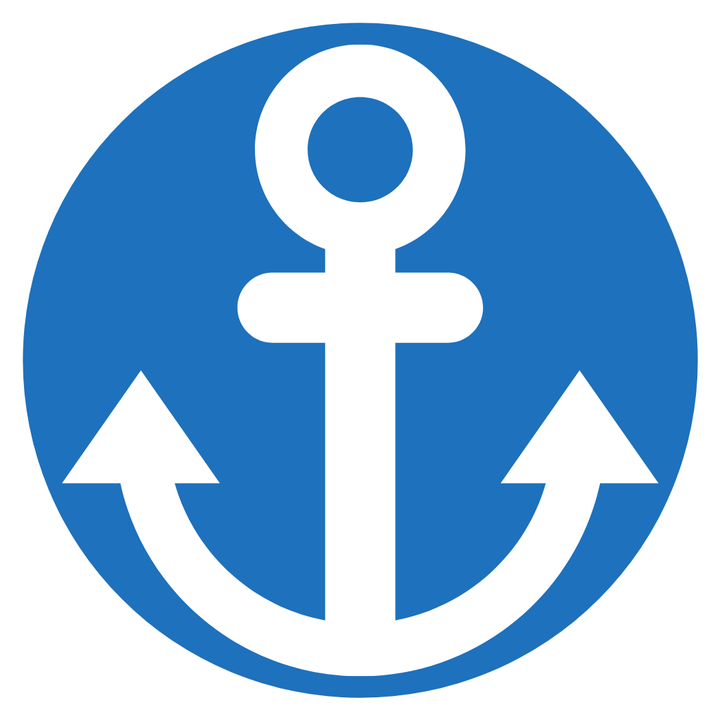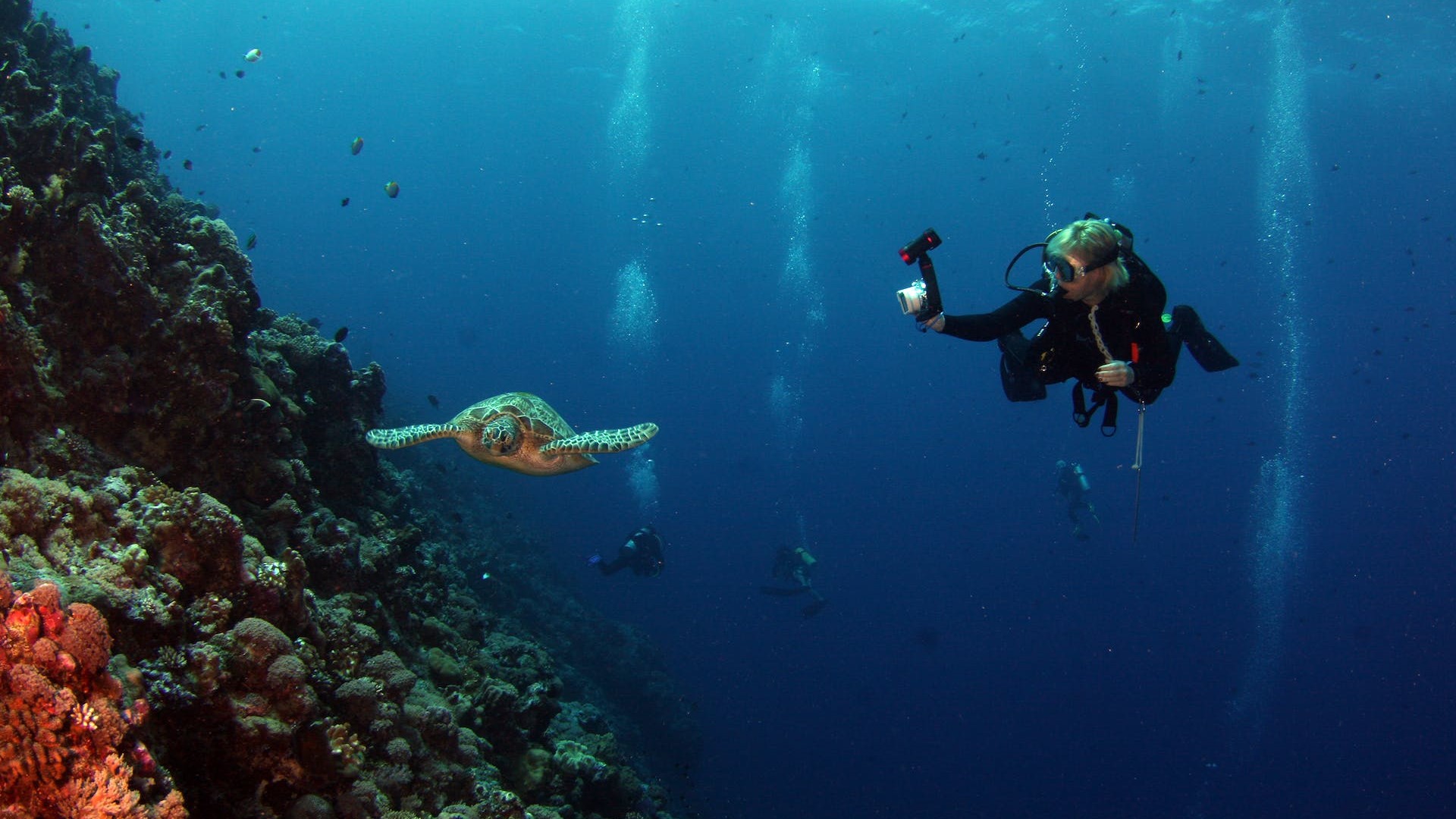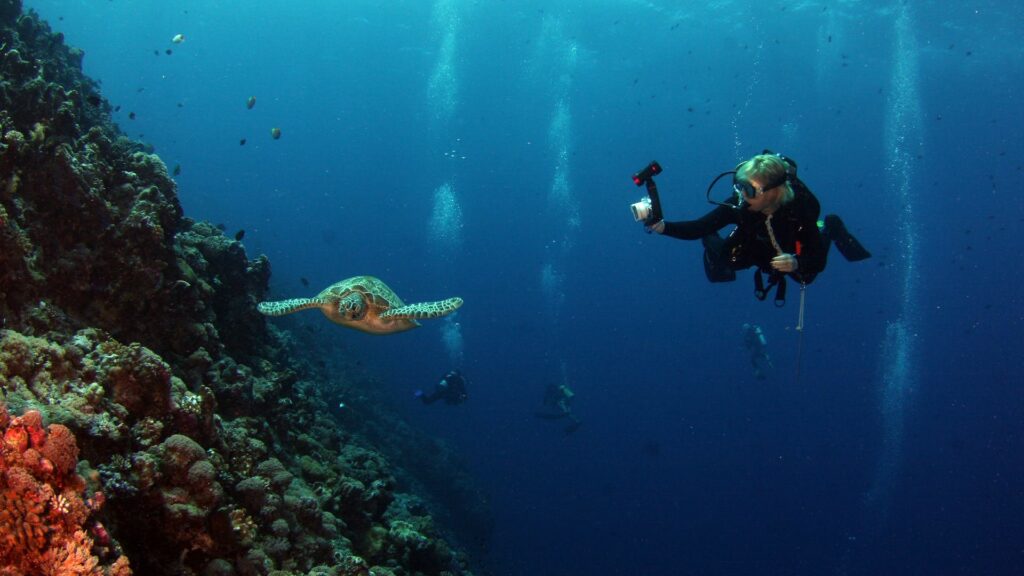




Scuba diving opens up a world of underwater adventure, teeming with vibrant marine life and mysterious wrecks. However, choosing the right scuba certification course is crucial to enjoying these wonders safely. Divers progressively build their skills and knowledge by laying a strong foundation for safe and enjoyable underwater exploration through structured scuba lessons offered by various certification agencies.
This article serves as a map through the depths of diver certification, highlighting the importance of proper training to ensure safety and skill development in the enthralling yet demanding world of scuba diving.
The world of scuba learning and diving certification is dominated by several key players: PADI (Professional Association of Diving Instructors), NAUI (National Association of Underwater Instructors) and SSI (Scuba Schools International).
While each agency’s approach varies, they all adhere to the rigorous standards set by the World Recreational Scuba Training Council (WRSTC), ensuring comprehensive safety and skill training for divers across the globe.
Navigating the scuba diving realm requires acquiring specific scuba certificates and marking progress through a range of certification levels. Each level contributes significantly to a diver’s educational foundation and skill enhancement. Let’s delve into an overview of these crucial scuba certification levels:
The journey begins with the Open Water Diver certification, the entry-level gateway into the world of scuba. This course lays the foundation by teaching basic diving skills, equipment usage and safety protocols. Age, health and swimming proficiency are typical prerequisites. However, this diving certification has depth limitations, generally capping at 60 feet.
Building upon the basics, the Advanced Open Water Diver certification introduces divers to new environments and skills, such as deep diving (up to 100 feet) and underwater navigation.
This level marks a significant step up, focusing on emergency response and rescue techniques and cultivating a mindset geared towards diving safety and problem-solving.
For those inclined towards leadership roles in diving, the Divemaster and Instructor certifications offer paths into professional diving and teaching.
Diving is a field rich with specialties. Courses like deep diving, wreck diving, nitrox and underwater photography enable divers to hone specific skills and explore unique interests. For example, the Deep Diver specialty empowers enthusiasts to explore depths safely beyond the Advanced Open Water limits.
Simultaneously, the Wreck Diver course opens the doors to the historical troves lying in sunken vessels. These courses not only diversify a diver’s experience but also emphasize the importance of continuous learning in enhancing both proficiency and safety in various diving environments.
Embarking on the journey of scuba diving requires careful consideration of various factors to ensure an enriching and safe experience. As you prepare to dive into this exciting endeavor, it’s crucial to thoughtfully choose a course that aligns with your aspirations and skill level. Here are key points to consider when selecting the right scuba learning course for you:
The proper scuba learning and certification act as your compass and anchor in the quest to explore the underwater realm. Embrace this journey with enthusiasm but ground it in respect for safety and skill development. With the proper diving certification, the ocean’s mysteries await your discovery.

